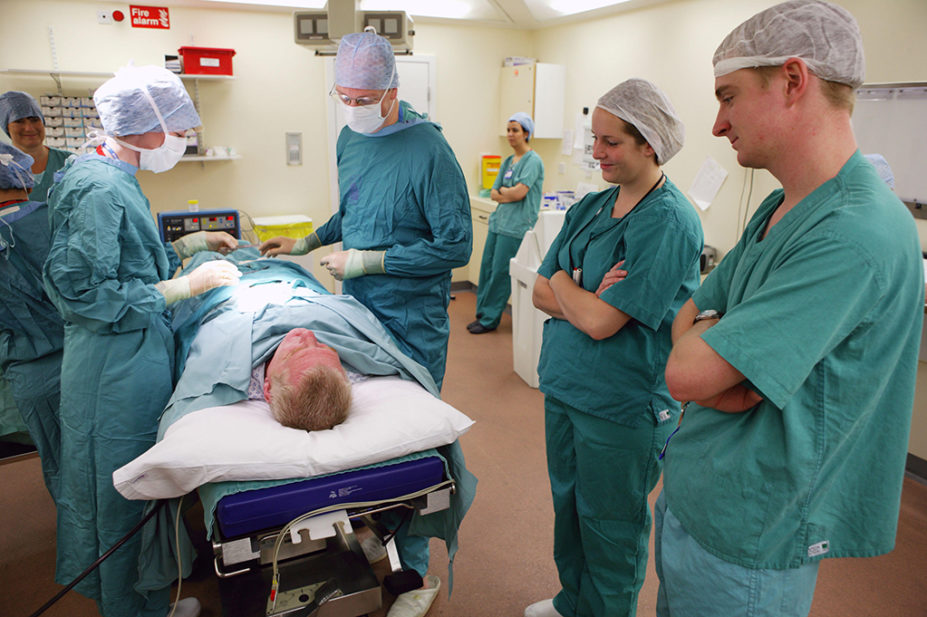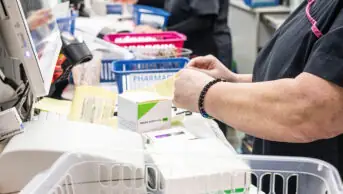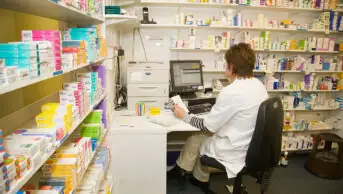
John Birdsall / Alamy Stock Photo
A difference of more than £25,000 between what employers are paid to host medical versus pharmacy undergraduate placements could lead to pharmacy students losing out, the Pharmacy Schools Council (PhSC) has warned.
In a statement published on 21 November 2022, the PhSC highlighted its concerns around the clinical tariff in England — part of a wider system to pay employers who host undergraduate students from a range of medical and healthcare degrees.
“While the English schools of pharmacy welcome the inclusion of pharmacy in the list of professions eligible for clinical tariff, the current payment level for clinical tariff in England is much lower than the tariff received for placements for medical students,” the statement said.
The clinical tariff was introduced in 2013 and was intended to standardise the payment employers received for hosting an undergraduate placement student; however, pharmacy undergraduate clinical placements were only added to the tariff system in 2022.
The addition meant employers would receive standardised funding for pharmacy clinical placements of at least one week, which are based in hospital trusts, community pharmacies, general practice and primary care networks.
As of 1 September 2022, the clinical tariff stood at £5,000 for each 40.8 weeks of placement activity, plus a market forces factor (MFF) — which accounts for a difference in regional costs — per full-time equivalent clinical placement. The undergraduate medical tariff is £30,750 plus MFF.
The PhSC said that it was “concerned that the payment expectations for placements, particularly in general practice settings where higher levels of payments are received for medical students, will impact on the ability to secure pharmacy placements in this sector”.
“The low level of clinical tariff may lead to competition between schools of pharmacy who may feel pressurised into paying more than clinical tariff for their general practice placements.”
The statement added that payment for pharmacy training placements should not be more than that offered by the clinical tariff, adding that pharmacy students “should be viewed by training providers as contributors to the work force rather than simply being observers”.
It also suggested that the MPharm could offer students “validated certification systems, such as microcredentialing”, so that they undertake tasks on placement, including the administration of vaccines.
The Department of Health and Social Care was contacted for comment.
1 comment
You must be logged in to post a comment.



I can't believe the difference in placement tariffs. It is ridiculous. I know for a fact that based on this payment some GP practices will not host pharmacists if they could have a medical trainee at 6 times the payment. My practice wouldn't. It's a no-brainer isn't it? Why are pharmacists still so undervalued by the NHS?? Who is fighting our corner? How was this allowed to happen?